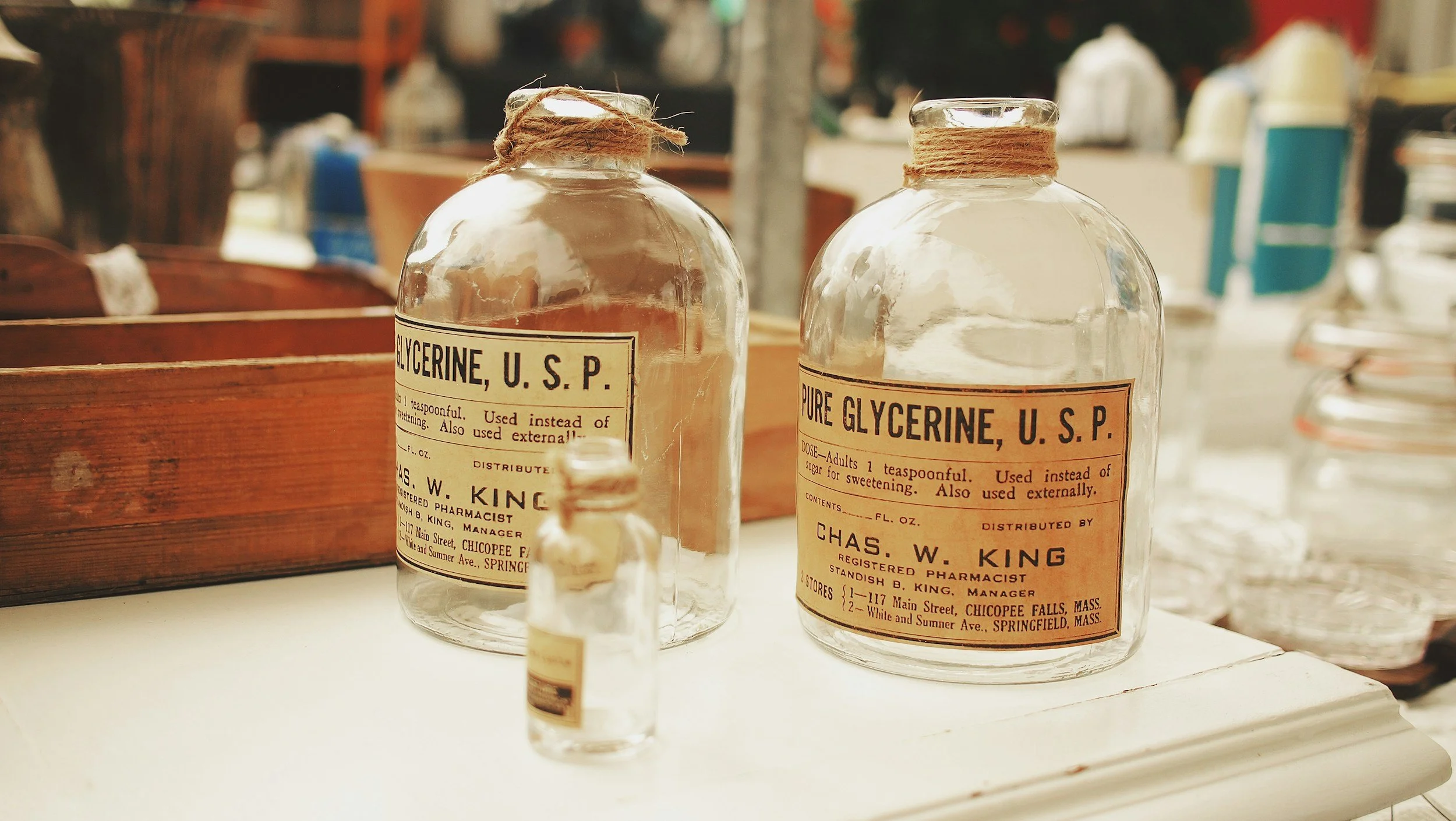As a sobriety mentor, my mission is to highlight the undeniable benefits of a clear and focused mind, especially in the context of substance regulation. Historical lessons from Prohibition underscore the importance of embracing sobriety, showing that society's attempts to regulate consumption of alcohol—whether hard liquor or so-called "soft" beverages—often mask the underlying harm these substances cause. The normalization of alcohol, even in its milder forms, perpetuates a dangerous cycle, one that dulls awareness and limits personal growth. By choosing clarity, individuals can not only safeguard their well-being but also tap into their full potential, leading to a more enriched and fulfilling life, free from the false allure of temporary escape.
Prohibition Era: Exposing the Hidden Truths Behind the Numbers
Declines and Shifts in a Changing Era
-

Law Enforcement
Arrests for Alcohol Violation: During the early years of Prohibition, arrests related to alcohol violations decreased significantly. By 1925, there were 4,000 federal Prohibition agents.
Reduction in Drunken Driving Incidents: The number of traffic accidents attributed to drunken driving decreased as a result of reduced alcohol availability. This decline was evident in reduced fatalities and injuries from alcohol-related traffic incidents.
-

Public health
Reduction in Alcohol-Related Disorders: A report by the American Medical Association in 1926 indicated a decline in alcohol-related diseases, such as cirrhosis of the liver, suggesting some improvement in public health directly linked to reduced alcohol consumption.
Hospital Admissions: Hospital admissions for conditions associated with excessive alcohol consumption, such as liver disease, decreased during Prohibition. A 1931 study indicated a significant drop in cases of alcohol-related illnesses, reflecting a temporary improvement in public health.
-

crime rates
Decreased Incidents of Public Intoxication: With the reduced availability of alcohol, public disturbances and crimes related to public intoxication saw a decrease.
Reduction in Domestic Violence Incidents: studies and historical accounts suggest that incidents of domestic violence and abuse, often associated with alcohol consumption, saw a decline during Prohibition.


